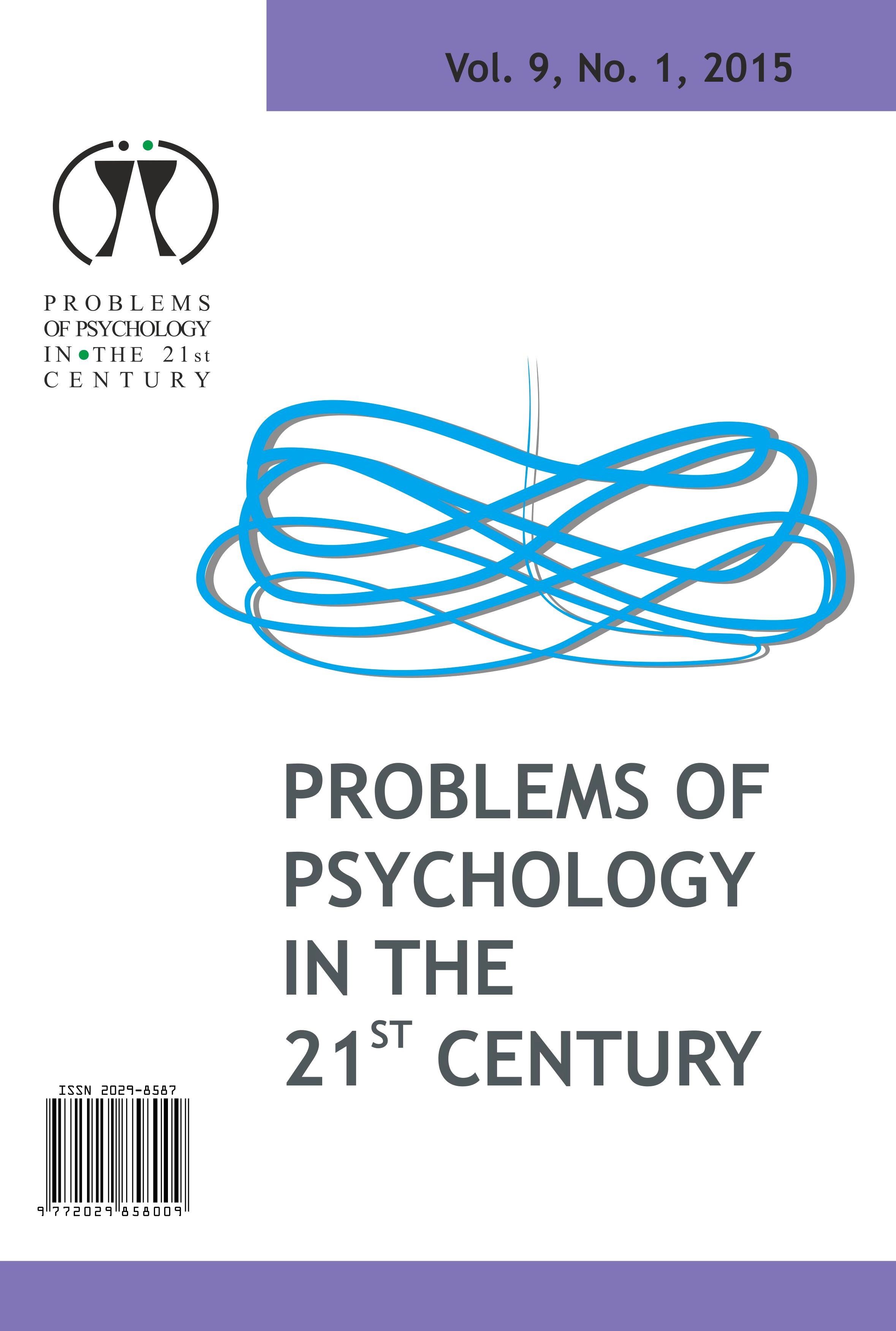CORRELATION OF WELL-BEING WITH RESILIENCE AND AGE
CORRELATION OF WELL-BEING WITH RESILIENCE AND AGE
Author(s): Guna Svence, Maris MajorsSubject(s): Psychology, Social psychology and group interaction, Personality Psychology
Published by: Scientia Socialis, UAB
Keywords: resilience; resilience indicators- self– reliance; self-perseverance; acceptance of life; well-being;
Summary/Abstract: Resilience and positive thinking, resilience and optimism, kindness as value could be the factors which could impact the future of our humanity and Earth as well as health and welfare of society. There is an active process of research in the positive psychology carried out in Latvia within the last ten years. The most important category of positive psychology is resilience and well-being. A lot of work has been done regarding adaptation of the concept of well-being and resilience in Latvia. There is a group of young researchers (master level students) who have made a contribution to adaptation of the concept of resilience and well-being in the science of psychology in Latvia at Riga Teacher Training and Education Management Academy (RTTEMA). A group of professors have recently made a joint research, where different samples of adults are demonstrated among the Latvian population in this article. The idea of this research is to analyse the collected secondary data on different groups of adults concerning correlation between the aspects of well-being and resilience. The aim of the research is to investigate the dimension of well-being in cognitive, eudaimonistic, hedonistic, interpersonal and spiritual (transcendent) relationship with resilience indicators - self-perseverance, self-reliance, acceptance of life, as well as the relevance of well-being indicators to age.One statement of this analysis was the hypothesis about the age as a factor which predetermines development of well-being and resilience.Methods- 1) Questionnaire on well-being (Majors, Majore, Svence, 2009), 2) Resilience scale, RS (Wagnild, Young, 1993), linguistically adapted by I. Bērziņa, G. Svence, 2011), 3) correlation and hierarchical regression analysis of the secondary data.Questions of the research:1) what kind of correlation does exist between the indicators of well-being and resilience? 2) which well-being indicators predict these resilience indicators?3) is there any correlation between the age and well-being?A data analysis is made in two parts within the framework of this research. Part 1 is dedicated to the examination of the research questions: 1) what kind of correlation does exist between the indicators of well-being and resilience? and 2) which well-being indicators predict these resilience indicators?, people of the Latvian population aged from 16 to 65 years were selected, 28.3% of men (N=184, M=32.1, SD=11,0 years), which was made using the secondary data of two studies (Madžule, 2013; Tauriņa, 2013). Part 2 of the research deals with the examination of the research questions 3) is there any correlation between the age and well-being?, people aged from 16 to 65 years were chosen, 24.5% of men (N=351, M=34.4, SD=11.5), which was made using the secondary data of three studies (Majors & Majore, 2009; Madžule, 2013; Tauriņa, 2013).It was found out, that the indicators of well-being have a direct and a rather close correlation with the indicators of resilience which provided the answer to the research question, what kind of correlation between the indicators of well-being and resilience exists. The indicators of the well-being dimension indicators have a little or rather close correlation with the parameters of the resilience dimension(0.29<r<0.58). It was found out, that well-being is more predicted by self-reliance of the resilience indicator, which provided the answer to the research question, which well-being indicators predict these resilience indicators. It was found out, that the dimensions of well-being do not correlate with age group in the statistical sense, but only some subdimensions of the purposefulness of well-being in life, perception and transcendence correlate with age at the trend level, providing the answer to the research question, whether there is a correlation between the age and well-being, resilience and age group.
Journal: Problems of Psychology in the 21st Century
- Issue Year: 9/2015
- Issue No: 1
- Page Range: 45-56
- Page Count: 12
- Language: English

